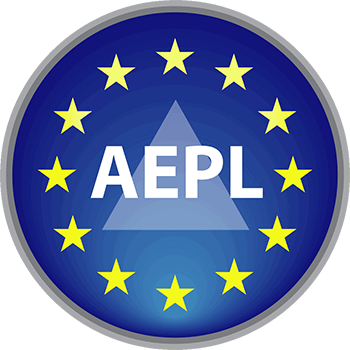EAFT is a member ofArtificial Intelligence Alliance created and consulted by the European Commission. The AIWG contributes to the work of the AI Alliance.
The AIWG responds to requests from officials responsible for applying Art.17
Through EAFTL, the WGAI has actively contributed to the development of AI-ACT, the future European Regulation on Artificial Intelligence, by drafting Position papers and letters to the President of the Commission and the European Commissioners involved in regulating Artificial Intelligence and, more broadly, the future of digital technology in the EU.
These documents are public and available on the EAFT website.
In addition, members of the WGAI spoke directly with DG CONNECT officials of the Commission in charge of AI-ACT to present and discuss EAFT's position.
Our current assessment is that l'AI-ACT is a good reflection of the ethical requirements we expressed during our contacts with the Commission.
However, we are only in the middle of the legislative procedure, and it will take several more months for the three European institutions - Commission, Parliament and Council of Ministers - to agree on the final text.
For example political discussions are taking place concerning the role of "facial recognition" and the very definition of risky Artificial Intelligence .
The WGAI carries out daily monitoring of the way the current inter-institutional compromise is developing.
In the event of a breach of our ethical requirements the WGAI will return to lobbying mode in particular in the Parliament and the Council.
It is only after the final votes and the publication of the'AI-ACT in the Official Journalof the EU and of Member States that the WGAI will be able to make a final assessment of the results of its work over several years.
The WGAI also monitors the European Commission's legislative proposals for Digital Europe such as the DMA digital market act, DSA digital services act, CHIPS-ACT, DATA-ACT, etc.
The WGAI monitors legislation already translated into national law by EU Member States, such as the General Data Protection Regulation (GDPR) and those that will follow.
Finally, the GTIA measures the geopolitical influence of the European Union, which aims to impose its ethical and humanist values as widely as possible. Europe is the conscience of the world.

























